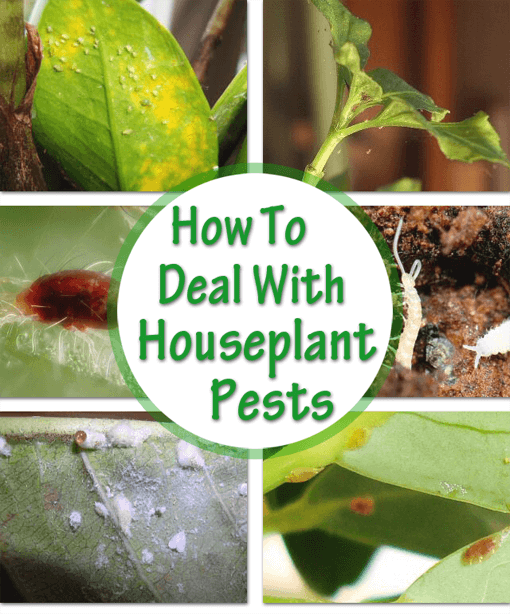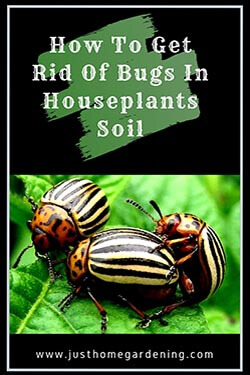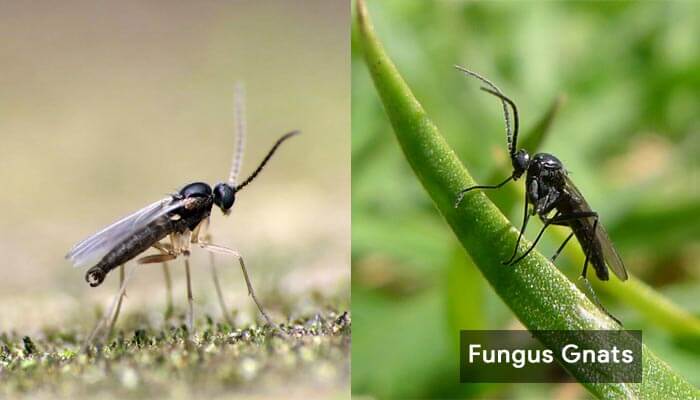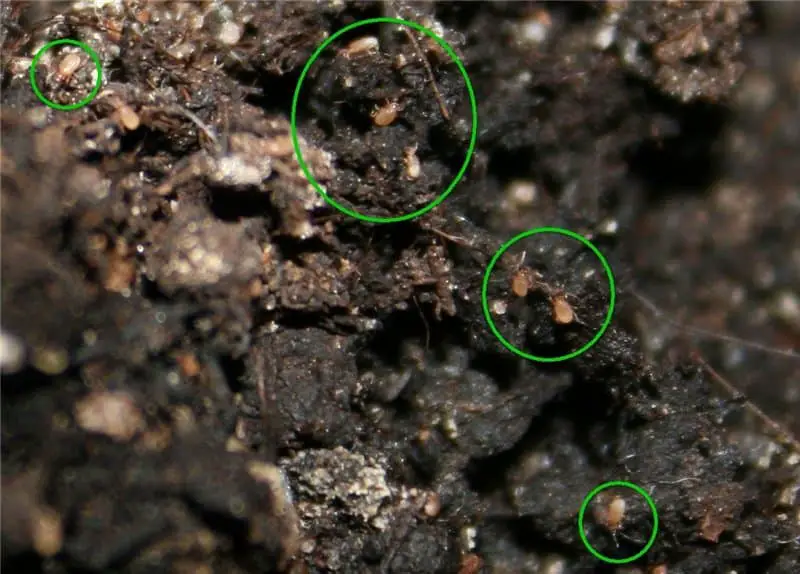How To Get Rid Of Bugs In Plants Thats Potted
Another practical solution that will get rid of gnats in plants in your home is to make a trap using apple cider vinegar. Run the plants stems leaves and roots over running water to eliminate as much of the soil and as many of the insects as possible.

How To Get Rid Of Ants In The Garden Plant Problems Ants In Garden Garden Insects Source: www.pinterest.com
Both the eggs and the larvae will eventually die off in dry soil.

How to get rid of bugs in plants thats potted. Get Rid Of Pill Bugs In Potted Plants By Re-Potting Your Plant Another effective method is to re-pot your plant into fresh soil. You need to make a simple solution using two garlic cloves and one spoon of isopropyl alcohol in a cup of water. Thats how to get rid of earwigs in potted plants.
Half-fill with fresh potting soil and place your plant in. There are several other ways you can get rid of pill bugs in the potted plants. Are bugs getting into your houseplants.
You can grow mint lemon and basil plants to prevent earwigs from entering your garden. Use a new pot or thoroughly clean your old pot with soapy water. Water the plants thoroughly using a solution of water and three percent hydrogen peroxide.
It is safe to use hydrogen peroxide for plants and will effectively kill adult gnats and their larvae. How To Get Rid Of Bugs On Indoor Plants. You will need to make sure that as little of the old soil as possible remains trapped in the roots so that you do not infest the new pot as well.
You can rub eucalyptus oil on the door and window frames. This also makes it harder to spot the salt if you use dark soil and want to. Start spraying this solution on the soil and not on the plants.
The oxygen will promote healthy root growth. The best way to get rid of pill bugs from potted plants is to provide them food far away from pots. Hydrogen peroxide is a natural substance that will help kill bugs and release oxygen into the soil.
The easiest first step is to allow the soil to remain dry for several days before watering again. You can spread salt around the perimeter of the plant to keep them away from your potted plants. Pour it over the potting mix at the plant roots until it starts to come out of the base of the pot.
Avoid over watering - Allow the soil to dry between regular watering - not to the point that your plant begins wilting but enough that the soil isnt continually moist. That said lets look at some homemade bug sprays for indoor and outdoor plants. Neem oil soil drench Using neem oil to drench the soil is an effective way of killing any bugs living in plant pot soil.
If you have a problem please call pest control. Another easy tip is to use a sterile potting mix because there is not as much organic matter for the young to feed on. Use 1 part hydrogen peroxide to 3 parts water.
Because gnats lay their eggs in the moist soil around plants reducing excess moisture is a key to getting rid of these nuisances for good. Start applying garlic juice periodically Garlic juice is one of the best home remedies to remove the bugs like mites and aphids. You can use decomposing materials like plant leaves grass clippings corn cobs leftover fruit to lure the pill bugs away from the plants.
Use the salt on the rim of the container so they need to cross it to get to your plants. The first step to getting rid of aphids is. Try a few of these homemade solutions.
Fill the remaining space with the soil making sure the plant is growing at the same height as before. Also remove any standing water from runoff saucers.

How To Identify Common Types Of Houseplant Bugs Get Busy Gardening Source: getbusygardening.com

How To Identify And Control House Plant Pests Our House Plants Source: www.ourhouseplants.com

How To Get Rid Of Bugs In Houseplants Soil Source: www.justhomegardening.com

How To Identify Common Types Of Houseplant Bugs Get Busy Gardening Source: getbusygardening.com

How To Get Rid Of Bugs In Houseplants Soil Source: www.justhomegardening.com

Fast Moving White Bugs In Your Soil Common Houseplant Bugs Source: indoorhomegarden.com
